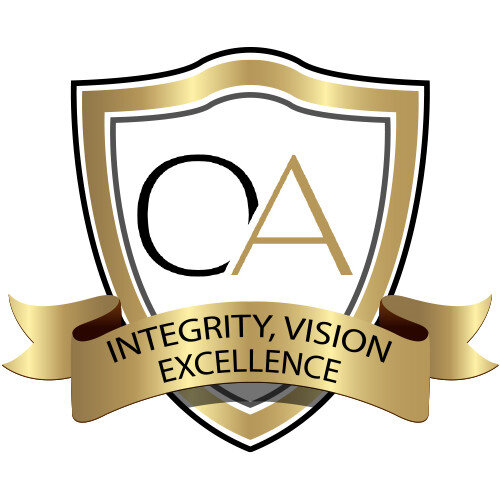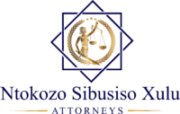Best Due Diligence Lawyers in Durban
Share your needs with us, get contacted by law firms.
Free. Takes 2 min.
List of the best lawyers in Durban, South Africa
About Due Diligence Law in Durban, South Africa:
Due diligence is a critical legal process that involves investigating and assessing potential risks before entering into business transactions or agreements. In Durban, South Africa, due diligence plays a crucial role in various industries, including real estate, finance, and mergers and acquisitions. It helps to ensure that parties have all the necessary information to make informed decisions and mitigate any potential legal issues.
Why You May Need a Lawyer:
There are several situations where you may need a lawyer for due diligence in Durban, South Africa. Some common scenarios include buying or selling a property, entering into a business partnership, or conducting a merger or acquisition. A lawyer can help you navigate the legal complexities involved in due diligence and protect your interests throughout the process.
Local Laws Overview:
In Durban, South Africa, the legal framework for due diligence is governed by various laws and regulations, including the Companies Act, the Financial Intelligence Centre Act, and the Consumer Protection Act. These laws set out the obligations and responsibilities of parties involved in due diligence and aim to promote transparency and fairness in business transactions.
Frequently Asked Questions:
1. What is the purpose of due diligence?
Due diligence is conducted to assess potential risks and liabilities associated with a business transaction or agreement.
2. How long does due diligence take?
The duration of due diligence can vary depending on the complexity of the transaction and the amount of information that needs to be reviewed.
3. Who typically conducts due diligence?
Due diligence is usually conducted by lawyers, financial analysts, and other professionals with expertise in the relevant industry.
4. What documents are typically reviewed during due diligence?
Documents that are commonly reviewed during due diligence include financial statements, contracts, leases, and corporate records.
5. What are the consequences of not conducting due diligence?
Failure to conduct due diligence can result in legal disputes, financial losses, and reputational damage for the parties involved.
6. How much does it cost to hire a lawyer for due diligence?
The cost of hiring a lawyer for due diligence can vary depending on the complexity of the transaction and the services required.
7. Can due diligence be conducted remotely?
Yes, due diligence can be conducted remotely using digital tools and technologies.
8. What happens if issues are uncovered during due diligence?
If issues are uncovered during due diligence, the parties may need to renegotiate the terms of the transaction or walk away from the deal altogether.
9. Is due diligence always necessary?
Different transactions may require different levels of due diligence, but it is generally recommended to conduct due diligence to minimize risks and ensure compliance with the law.
10. How can I find a reputable lawyer for due diligence in Durban, South Africa?
You can search for lawyers specializing in due diligence in Durban through legal directories, referrals, or online platforms.
Additional Resources:
For more information on due diligence in Durban, South Africa, you can visit the Law Society of South Africa or consult with legal professionals specializing in this area.
Next Steps:
If you require legal assistance with due diligence in Durban, South Africa, it is advisable to consult with a qualified lawyer who can guide you through the process and protect your interests. Make sure to gather all relevant documents and information before meeting with a lawyer to ensure a smooth and efficient due diligence process.
Lawzana helps you find the best lawyers and law firms in Durban through a curated and pre-screened list of qualified legal professionals. Our platform offers rankings and detailed profiles of attorneys and law firms, allowing you to compare based on practice areas, including Due Diligence, experience, and client feedback.
Each profile includes a description of the firm's areas of practice, client reviews, team members and partners, year of establishment, spoken languages, office locations, contact information, social media presence, and any published articles or resources. Most firms on our platform speak English and are experienced in both local and international legal matters.
Get a quote from top-rated law firms in Durban, South Africa — quickly, securely, and without unnecessary hassle.
Disclaimer:
The information provided on this page is for general informational purposes only and does not constitute legal advice. While we strive to ensure the accuracy and relevance of the content, legal information may change over time, and interpretations of the law can vary. You should always consult with a qualified legal professional for advice specific to your situation.
We disclaim all liability for actions taken or not taken based on the content of this page. If you believe any information is incorrect or outdated, please contact us, and we will review and update it where appropriate.

















